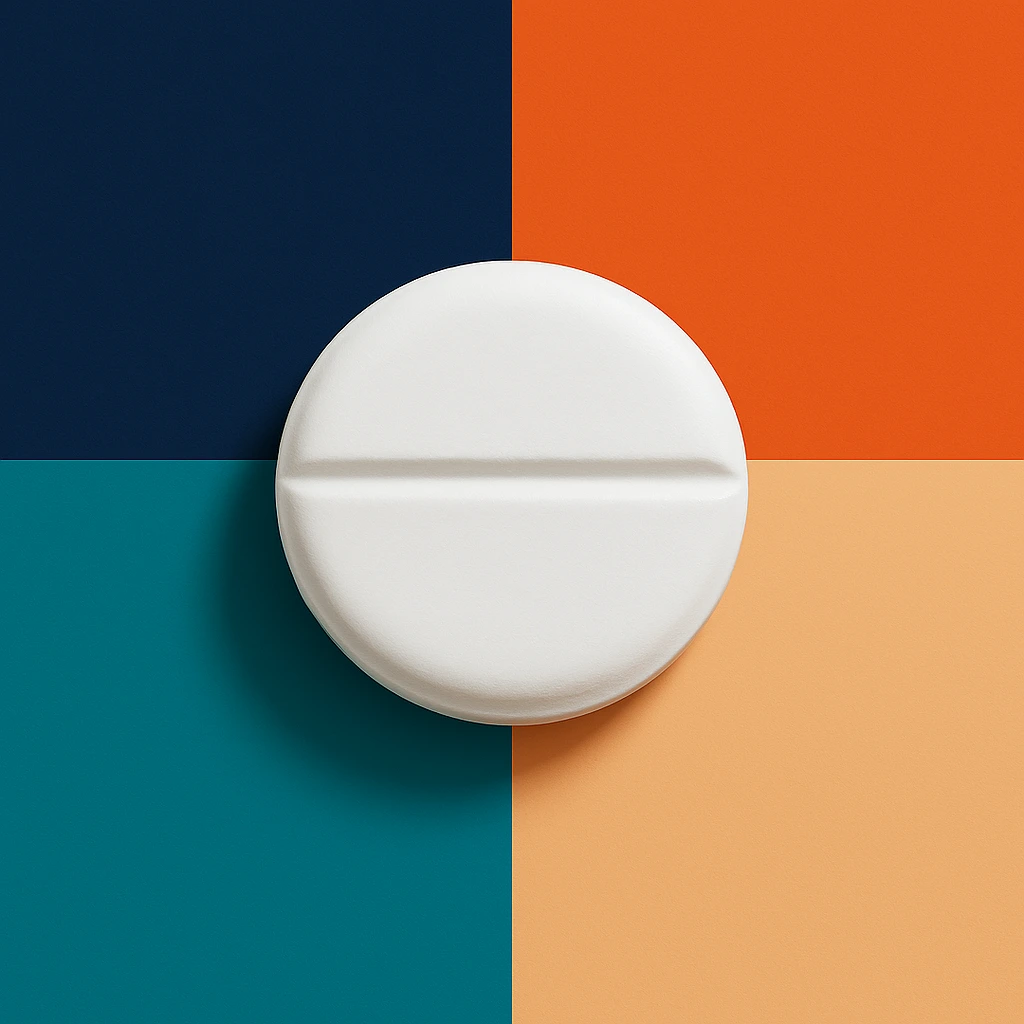


What is colchicine?
Colchicine is used to prevent gout attacks (sudden, severe pain in one or more joints caused by abnormally high levels of a substance called uric acid in the blood) in adults. Colchicine is also used to relieve the pain of gout attacks when they occur. Colchicine is also used to treat familial Mediterranean fever (FMF; an inborn condition that causes episodes of fever, pain, and swelling of the stomach area, lungs, and joints) in adults and children 4 years of age and older. Colchicine (Lodoco®) is used to reduce the risk of heart attack, stroke, cardiovascular death, and needing certain types of heart procedures such as angioplasty (a type of heart surgery to widen a blocked artery) or coronary artery bypass grafting (CABG; a type of heart surgery) in patients who have atherosclerosis (narrowing of the blood vessels from fatty deposits) or who have multiple risk factors for developing heart and blood vessel disease. Colchicine is not a pain reliever and cannot be used to treat pain that is not caused by gout or FMF. Colchicine is in a class of medications called anti-gout agents. It works by stopping the natural processes that cause swelling and other symptoms of gout and FMF.
How should this medicine be used?
Colchicine comes as a capsule, tablet and solution (liquid; Gloperba®) to take by mouth with or without food. When colchicine is used to prevent gout attacks or to treat FMF, it is usually taken once or twice a day. When colchicine is used to relieve the pain of a gout attack, 2 tablets are usually taken at the first sign of pain and one tablet is usually taken one hour later. If you do not experience relief or have another attack within several days after treatment, talk to your doctor before taking additional doses of medication. Follow the directions on your prescription label carefully, and ask your doctor or pharmacist to explain any part you do not understand. Take colchicine exactly as directed. Do not take more or less of it or take it more often than prescribed by your doctor.
If you will be taking colchicine oral solution (Gloperba®), use an oral syringe, dosing spoon, or dosing cup (measuring device) to accurately measure the correct amount of liquid for each dose; do not use a household spoon. Ask your doctor or pharmacist if you need help getting or using a measuring device.
If you are taking colchicine to treat FMF, your doctor may start you on a low dose and gradually increase your dose. Your doctor may decrease your dose if you experience side effects.
If you are taking colchicine to prevent gout attacks, call your doctor right away if you experience a gout attack during your treatment. Your doctor may tell you to take an extra dose of colchicine, followed by a smaller dose one hour later. If you take extra doses of colchicine to treat a gout attack, you should not take your next scheduled dose of colchicine until at least 12 hours have passed since you took the extra doses.
Colchicine can prevent attacks of gout and control FMF only as long as you take the medication. Continue to take colchicine even if you feel well. Do not stop taking colchicine without talking to your doctor.
What special precautions should I follow?
Before taking colchicine,
What side effects can this medication cause?
Colchicine may cause side effects. Tell your doctor if any of the following symptoms are severe or do not go away:
Some side effects can be serious. If you experience any of the following symptoms, stop taking colchicine and call your doctor immediately:
If you experience a serious side effect, you or your doctor may send a report to the Food and Drug Administration's (FDA) MedWatch Adverse Event Reporting program online (https://www.fda.gov/Safety/MedWatch) or by phone (1-800-332-1088).
In case of emergency/overdose
In case of overdose, go to the nearest hospital emergency room immediately. Taking too much colchicine may cause death.
Symptoms of overdose may include:
🔗 Reference: https://medlineplus.gov/druginfo/meds/a682711.html